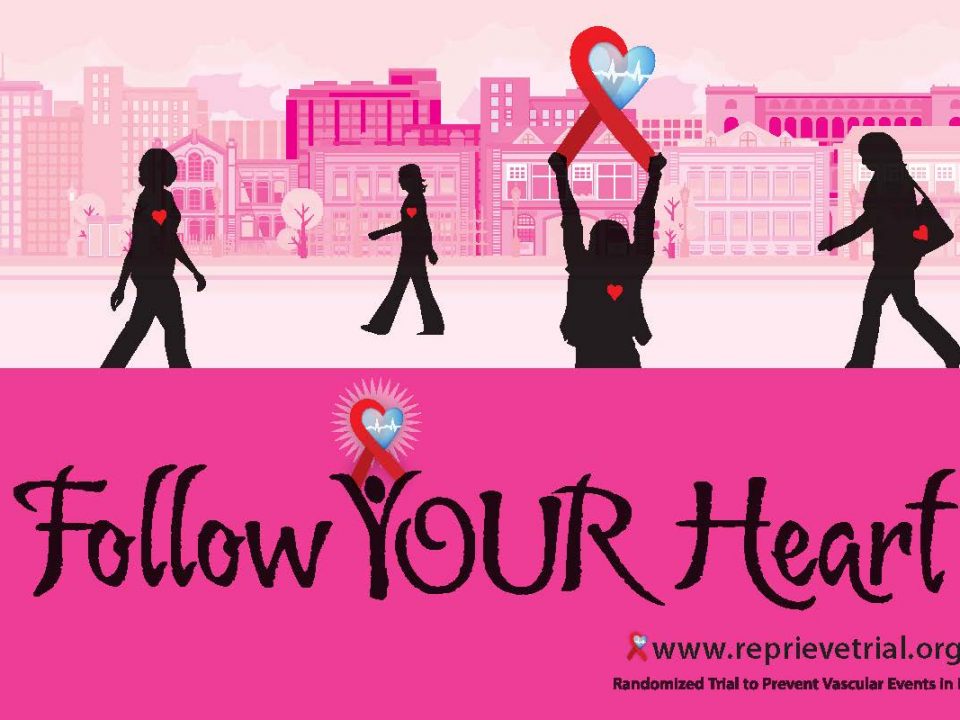Diana Cagliero, MA
What is vaping?
“Vaping” is breathing in the vapor produced by an e-cigarette, or other vaporizing devices such as vape pens.1 E-cigarettes were first developed by companies as a new option to help cigarette smokers quit.1 While e-cigarettes do not contain tobacco, they contain nicotine and other chemicals which have been linked to cancer.2,3
What are the risks?
While you might think that vaping is less harmful than smoking tobacco cigarettes, this does not mean that vaping is a healthy choice. It has been shown in many studies that vaping may be harmful for your heart health and your lungs. Specifically, it is thought inhaling nicotine can lead to serious heart events, especially in people who already have heart disease.4 For example, in the short term, inhaling nicotine may lead to increased heart rate and blood pressure.5 Vaping also affects the people around you, as the chemicals in vaping devices may be harmful if inhaled, consumed, or absorbed through the skin by others – especially small children.1
Does vaping help people quit smoking?
Vaping may not even help people quit smoking. One study showed that adult smokers who used e-cigarettes were 28% less likely to quit smoking.1 Another point to keep in mind: since vaping is relatively new, the risks may not be fully understood. We already know some of the health risks of vaping and we also know that vaping does not seem to help with quitting smoking. But we may continue to learn about new health risks linked with vaping.
What else can I do to help stop smoking?
There have been many research studies about strategies to help people quit smoking – for example, certain medications or medicated chewing gums. Ask your doctor about these. Also, consider strategies which improve your overall health without introducing a new medication – such as increasing physical exercise or practicing relaxation techniques.6
What can I look forward to if I stop smoking?
According to the American Heart Association and US Surgeon General, these are some of the positive changes in heart health which take place when you stop smoking7:
- “In the first 20 minutes: your blood pressure and heart rate recover from the nicotine-induced spikes.
- After 12 hours: the carbon monoxide levels in your blood return to normal.
- After two weeks: your circulation and lung function begin to improve.
- After one to nine months: clear and deeper breathing gradually returns; you have less coughing and shortness of breath; you regain the ability to cough productively instead of hacking, which cleans your lungs and reduce your risk of infection.
- After one year: your risk of coronary heart disease is reduced by 50 percent (half).
- After 5 years: Your risk of cancer of the mouth, throat, esophagus, and bladder are cut in half. Your risk of cervical cancer and stroke return to normal.
- After 10 years: You are half as likely to die from lung cancer. Your risk of larynx or pancreatic cancer decreases.
- After 15 years: your risk of heart disease is the same as a non-smoker’s.”
Make it your New Year’s Resolution to work to improve your heart health!
1 “What you need to know about vaping” American Heart Association 2016, https://www.heart.org/en/healthy-living/healthy-lifestyle/quit-smoking-tobacco/what-you-need-to-know-about-vaping
2 “Impact of Electronic Cigarettes on the Cardiovascular System” Quasim et al., Journal of the American Heart Association 2017, https://www.ahajournals.org/doi/10.1161/JAHA.117.006353
3 “Is Vaping Safer Than Smoking?” American Heart Association 2018, https://www.heart.org/en/healthy-living/healthy-lifestyle/quit-smoking-tobacco/is-vaping-safer-than-smoking
4 “Cardiovascular effects of electronic cigarettes” Benowitz & Fraiman, National Review of Cardiology 2017, https://www.ncbi.nlm.nih.gov/pubmed/28332500
5 “Exposure to E-Cigarette Adversely Affects Blood Pressure and Heart Rate in Healthy Individuals: A Systematic Review and Meta-Analysis” Skotsimara et al., Circulation 2018. https://www.ahajournals.org/doi/abs/10.1161/circ.138.suppl_1.11507
6 “Quitting smoking: 10 ways to resist tobacco cravings” Mayo Clinic 2016, https://www.mayoclinic.org/nicotine-craving/art-20045454/in-depth/art-20045454
7 “The Benefits of Quitting Smoking Now” American Heart Association 2017, https://www.heart.org/en/healthy-living/healthy-lifestyle/quit-smoking-tobacco/the-benefits-of-quitting-smoking-now



